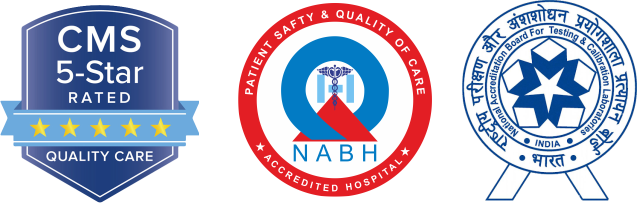Best Urology Hospital in Jaipur
Urology department
Best Urology Hospital in Jaipur - Shekhawati Hospital
Urology is a branch of medicine that deals with the diagnosis and treatment of diseases affecting the urinary system in men and women, and the male reproductive system. Urologists are specially trained to treat conditions such as kidney stones, prostate cancer, bladder infections and incontinence.
Shekhawati Hospital is the best urology hospital in Jaipur, offering exceptional medical care and advanced treatments for urological conditions. Experience excellence in healthcare with us. We have a team of experts who are dedicated to providing the best possible treatment for our patients.
Urology Services:
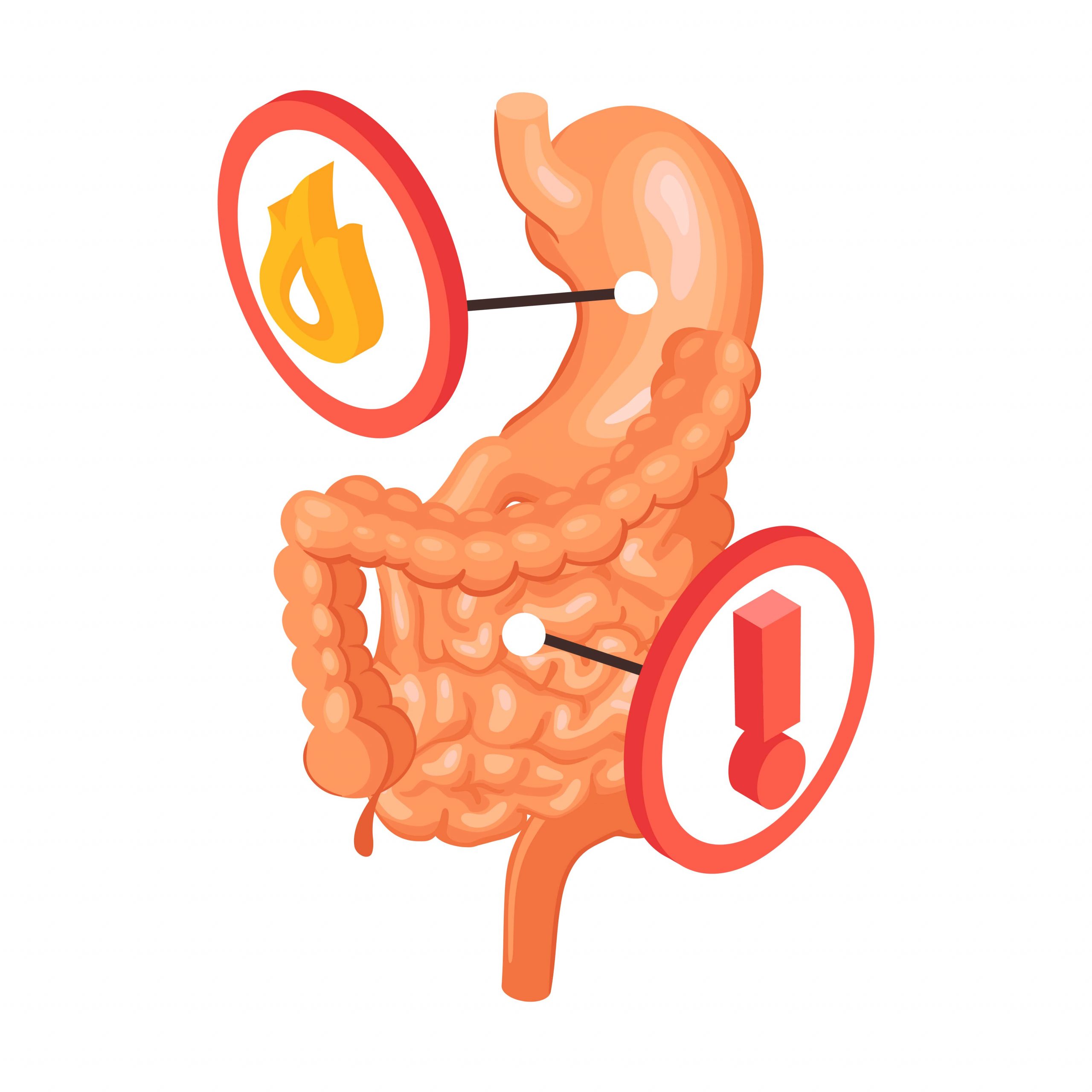
Percutaneous Nephrolithotomy (PCNL)
Percutaneous nephrolithotomy, also known as percutaneous nephrolithotomy with lithotripsy, is a minimally invasive surgical technique used to remove kidney stones. The patient is anesthetized and a small incision is made in the lower back.
The stone is removed through the incision and the surrounding tissues are cleaned up. PCNL typically takes less than two hours to complete.
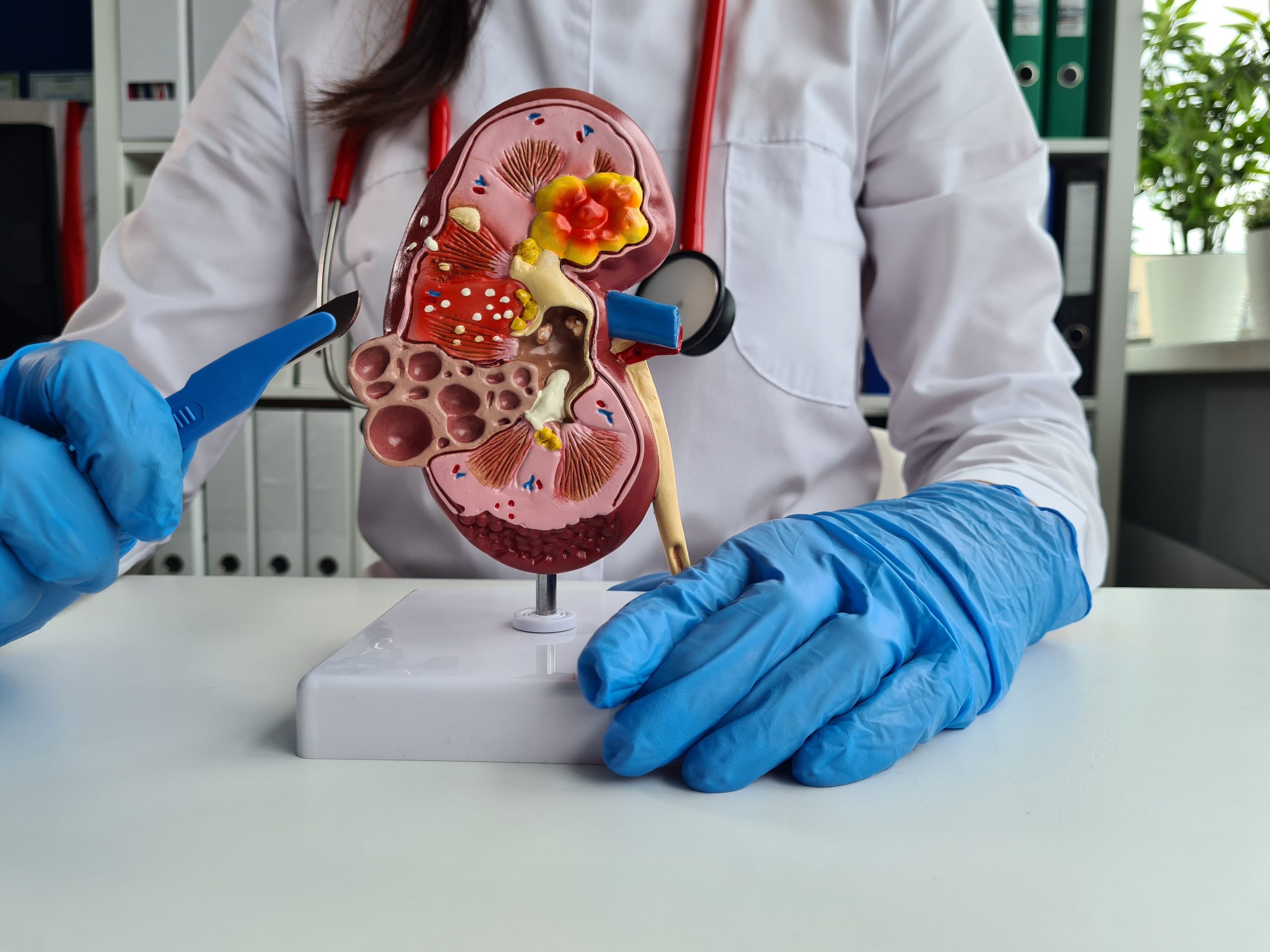
Ureteroscopic Lithotripsy (URSL)
Ureteroscopic lithotripsy is a minimally invasive surgical procedure used to treat kidney stones. During the procedure, a thin, telescope-like instrument called a lithotripter is inserted through the urethra into the kidney. The lithotripter uses high-frequency vibrations to break up the stone and remove it from the kidney.
Ureteroscopic lithotripsy is often successful in removing small stones without requiring surgery or medication, thus it is also called Non-Surgical Kidney Stone Removal.
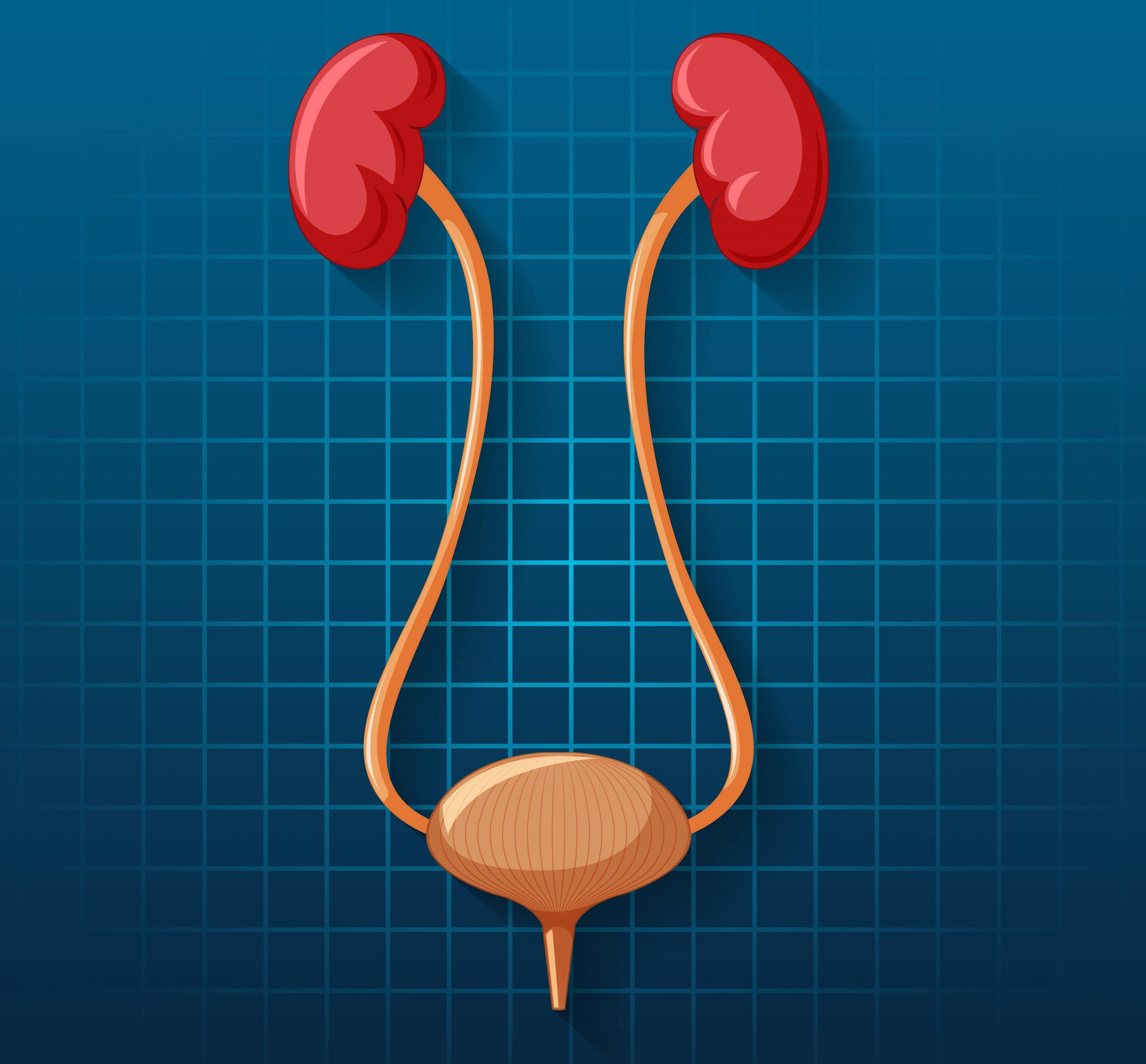
Transurethral Eesection of the Prostate (TURP)
Transurethral resection of the prostate (TURP) is a minimally invasive surgical procedure used to treat prostate cancer. TURP involves inserting a thin tube through the urethra into the prostate, cutting out the cancerous section, and then resecting (cutting away) the surrounding tissue. The surgery is typically done using an electric cautery device to minimize damage to nearby nerves.
There are several advantages to TURP over traditional surgery, including decreased pain and shorter hospital stays.
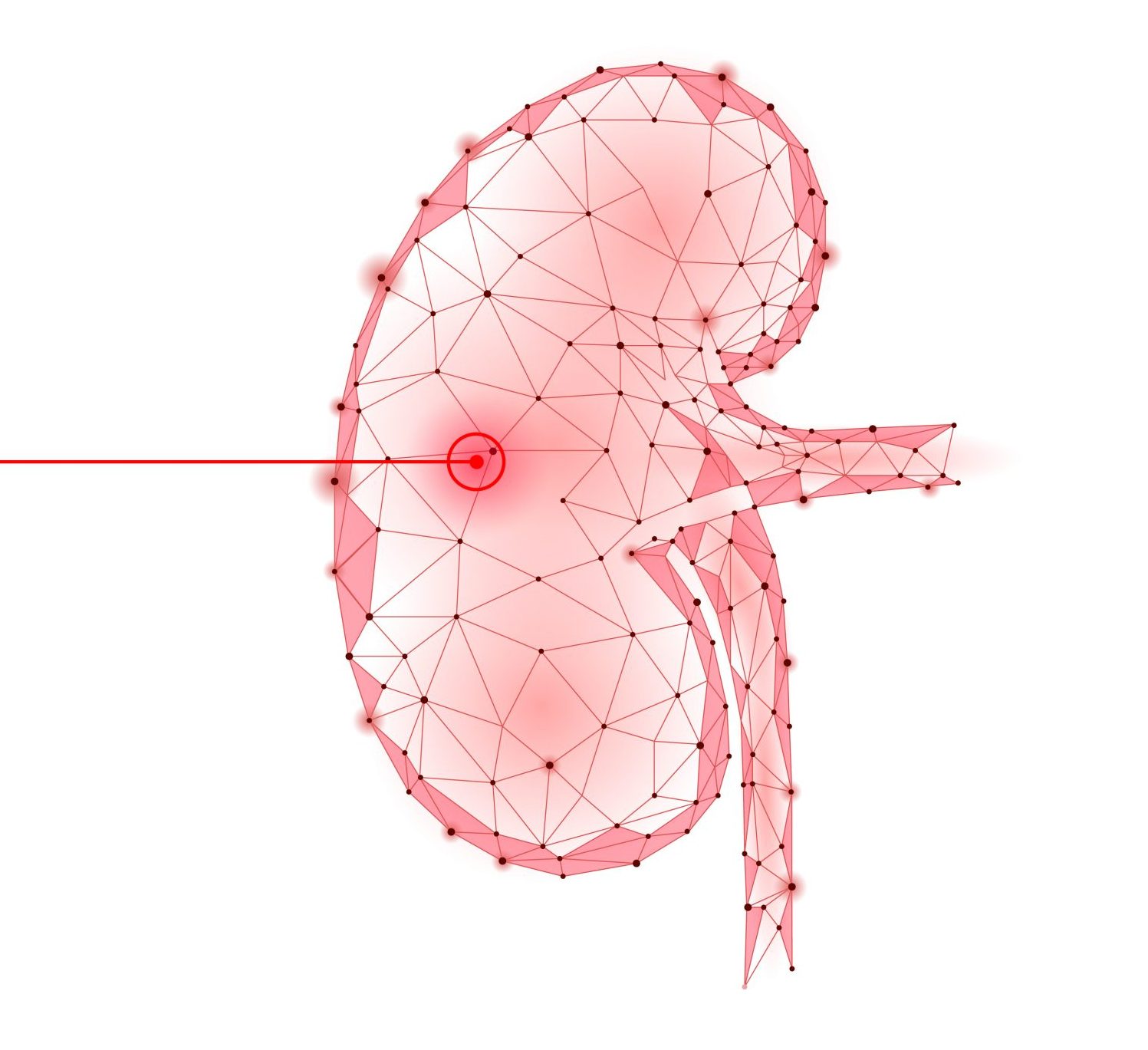
Laparoscopic Nephrectomy
Laparoscopic Nephrectomy (LN) is a minimally invasive surgical procedure that removes the entire kidney through a small incision in the side. It is usually performed as an outpatient procedure under local anesthesia with minimal to no pain after surgery. The recovery time is typically short and patients can resume their normal activities within a few days.
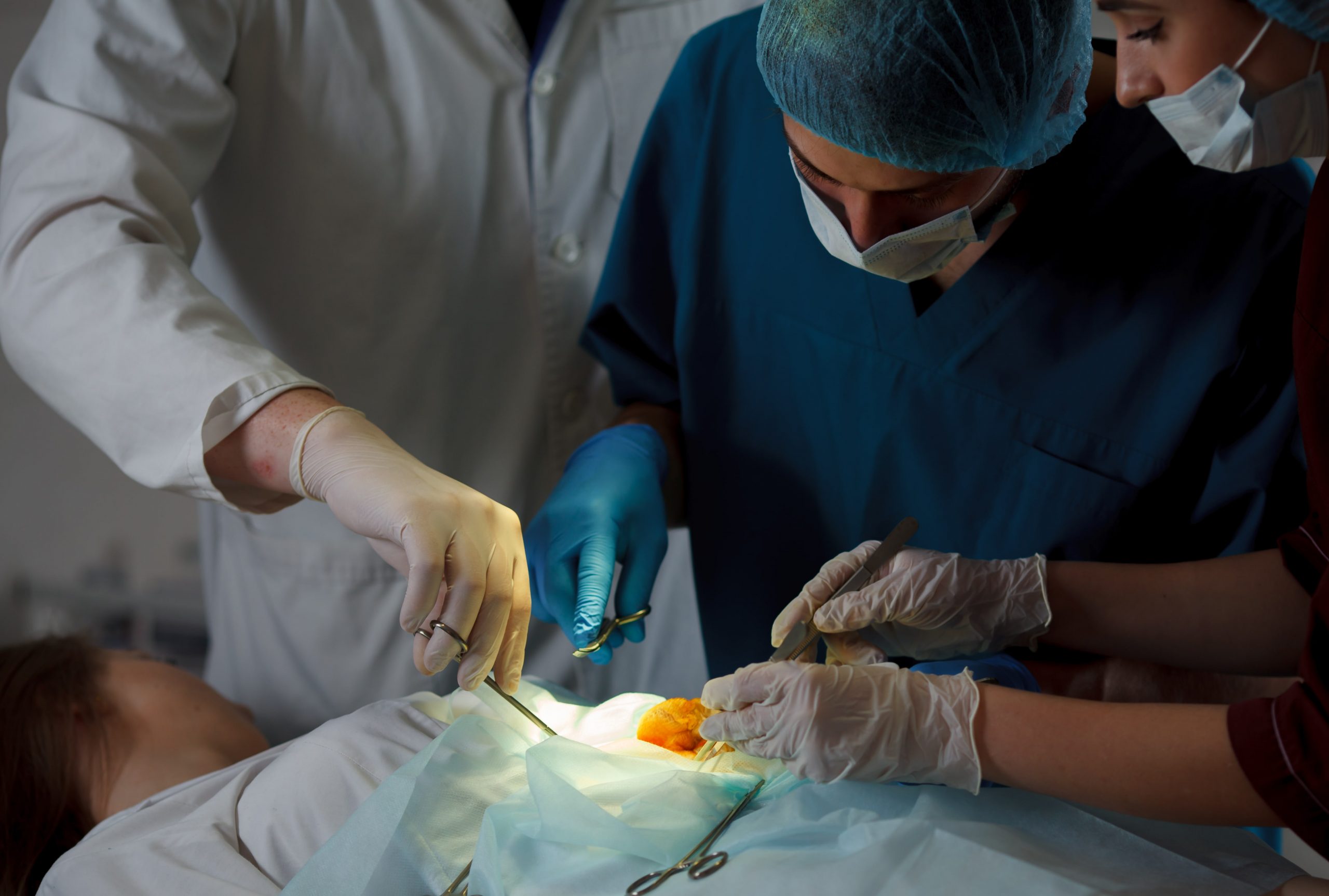
Laparoscopic Pyeloplasty
Laparoscopic pyeloplasty, also known as laparoscopic ureteral reconstruction (LUCR), is a minimally invasive surgery that restores urinary flow by replacing the damaged or diseased kidney or ureter. The procedure is often done as an outpatient procedure, and most patients are able to go back to their normal activities immediately following surgery.
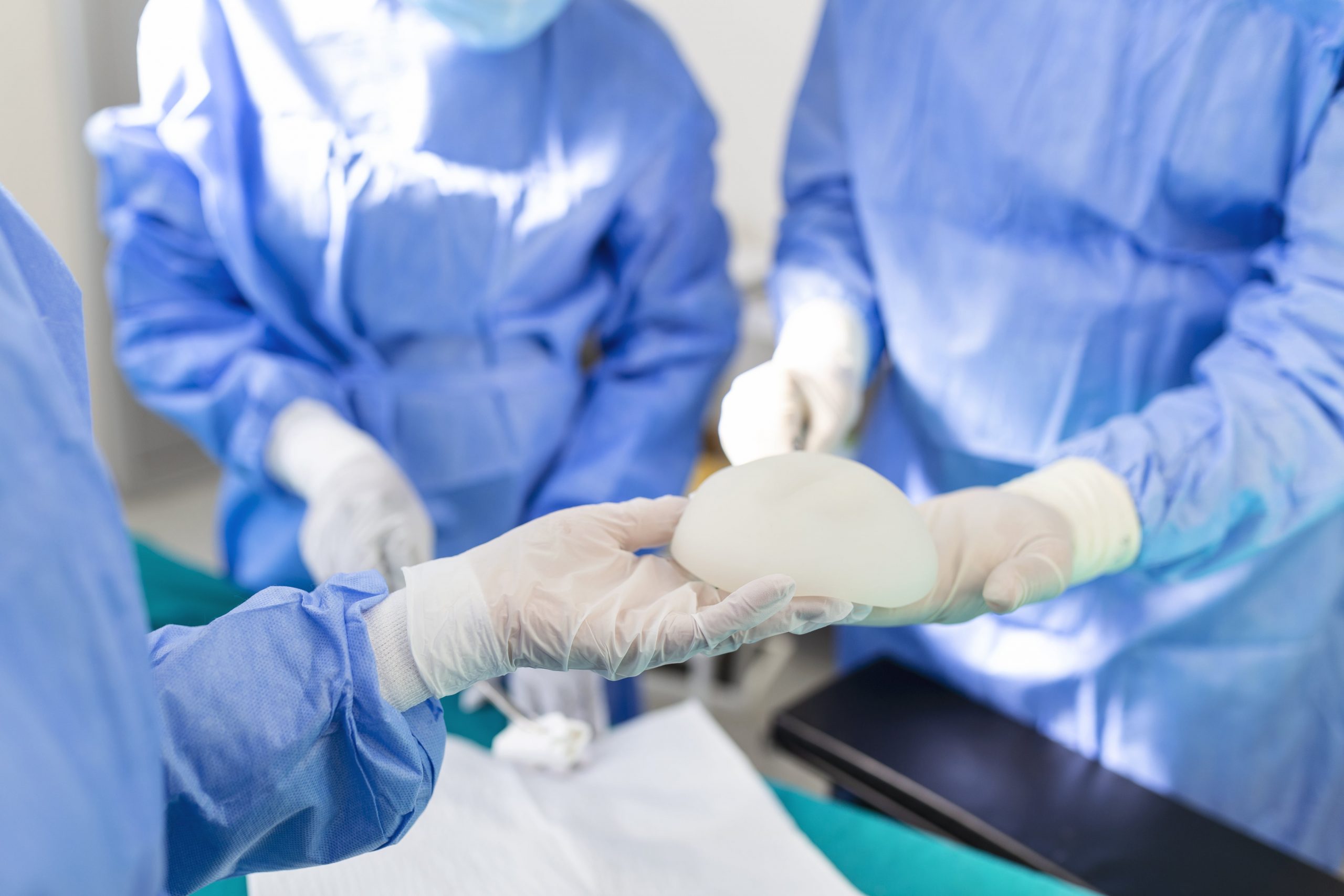
Urethroplasty
Urethroplasty is a surgical procedure that restores urinary function in men and women.
The surgery is performed by removing the prostate and urethra, and then rebuilding them using new tissue.

Penile Prosthesis
A penile implant is an implantable medical device that may be a good option for men who have a medical condition called erectile dysfunction. A penile prosthesis may be implanted during surgery in cases where the curvature of an erection has caused scarring which has led to problems. These devices help with erections and can have a positive impact on sexual function.
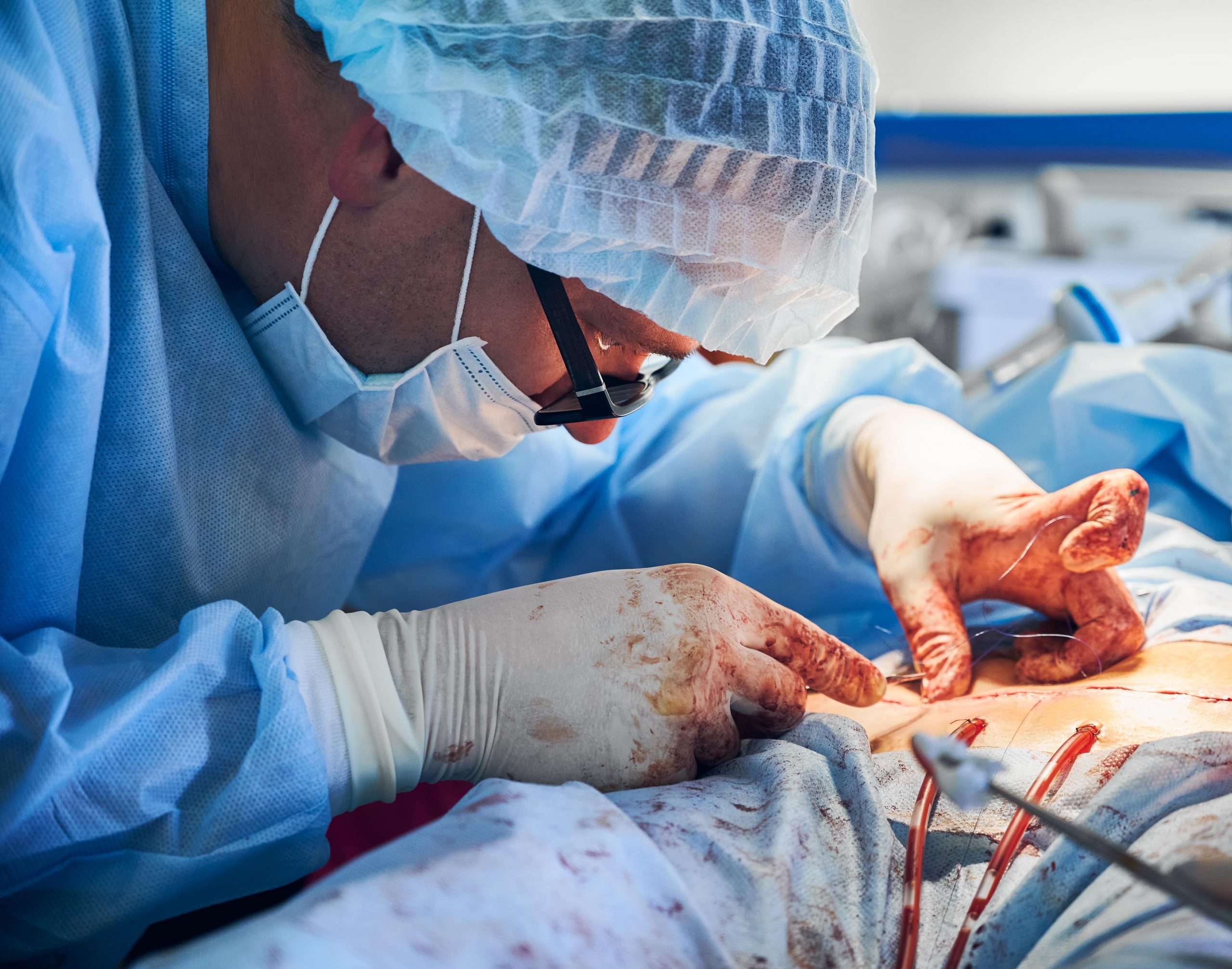
Partial and Radical Cystectomy
If you have bladder cancer that has spread, it may be necessary to consider surgery. Depending on the extent of the spread, there are two options: a partial cystectomy or a radical one.
A partial cystectomy is a surgical procedure that removes part of a large cyst.
A radical cystectomy is a more extreme form of partial cystectomy in which all or most of the cyst is removed. Partial and radical cystectomies are both considered safe and effective procedures for treating large, benign, noncancerous tumors in the bladder.
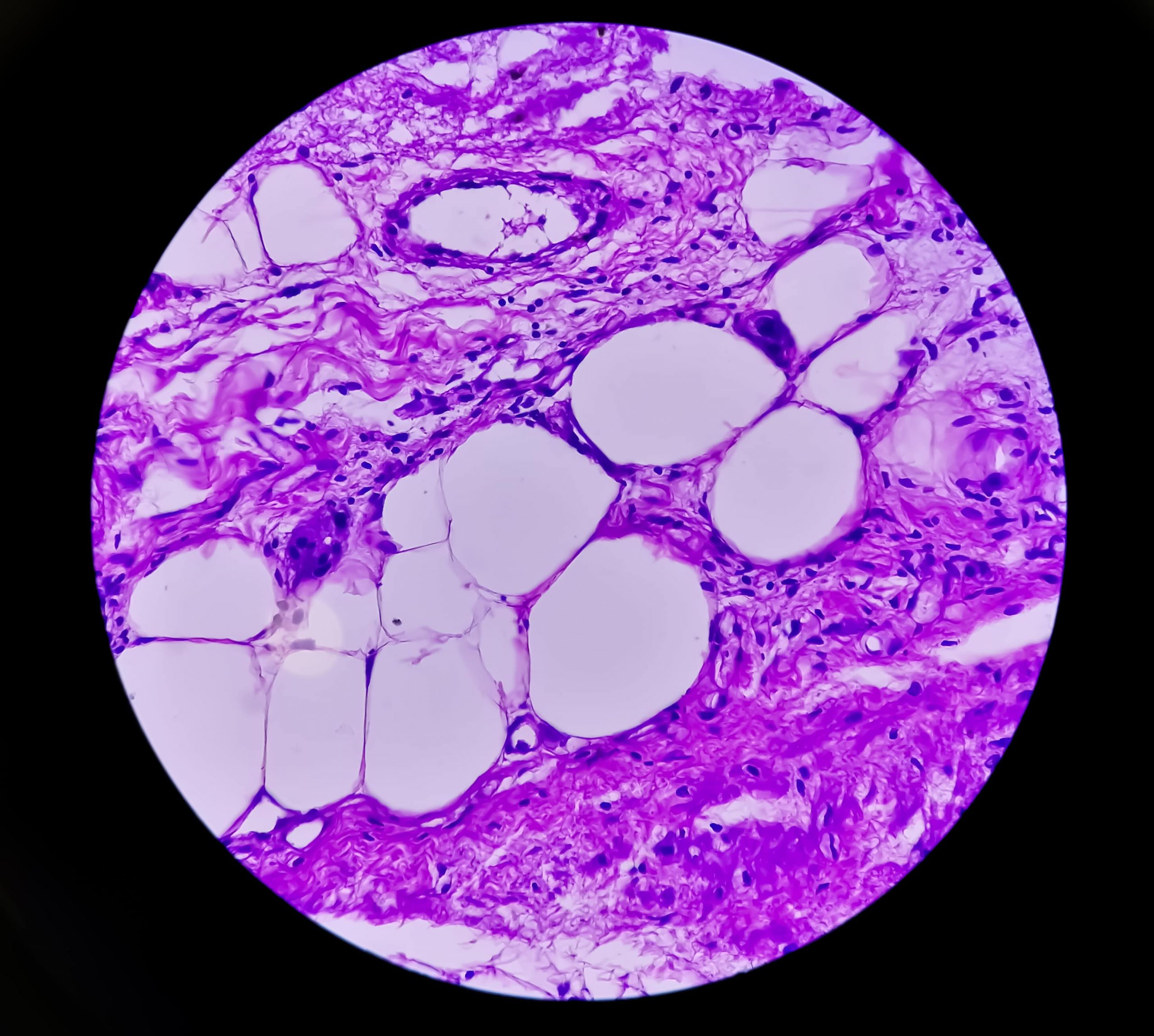
BPH - Benign Prostatic Hyperplasia
Benign prostatic hyperplasia also called as prostate gland enlargement is a condition in which the prostate gland becomes enlarged and causes difficulty in urination. The cause of BPH is not known, but it may be caused by age, obesity, hormones, or genetics. If left untreated, BPH can lead to problems such as urinary obstruction, sexual difficulties, and incontinence.
Treatment options for BPH include medications, surgery, and minimally invasive treatments. Minimally invasive treatments are less invasive than surgery and usually have shorter recovery times. One type of minimally invasive treatment is called transurethral resection of the prostate (TURP). This treatment uses a scope to remove the enlarged prostate tissue.A newer minimally invasive treatment for BPH is called the UroLift system.
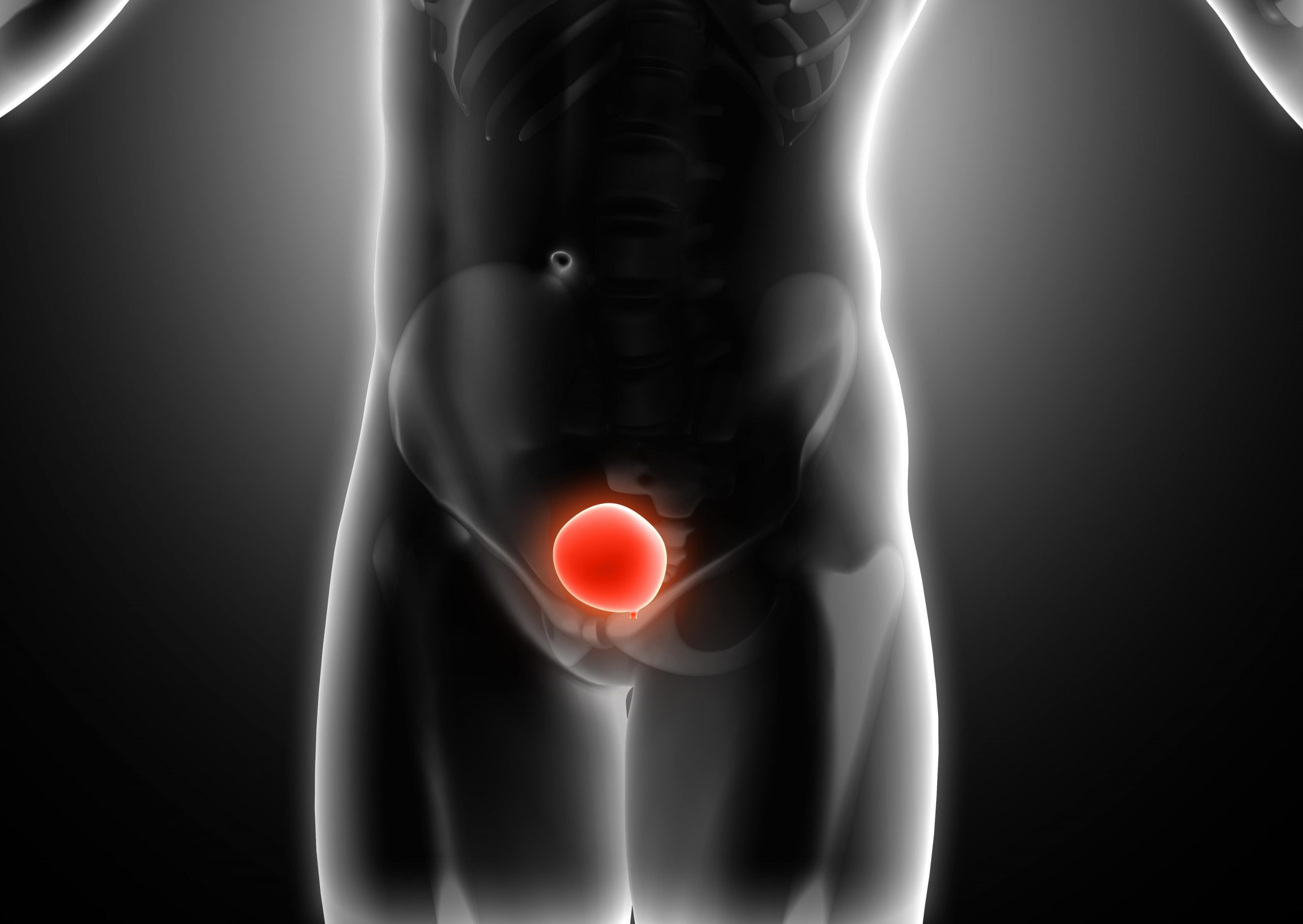
Bladder Cancer
Bladder cancer is a type of cancer that starts in the bladder. The bladder is a balloon-like organ in the lower abdomen that stores urine. Bladder cancer can cause blood in the urine, pain when urinating, and other problems. Bladder cancer is treated with surgery, radiation therapy, or chemotherapy.
Treatment usually includes surgery to remove the tumor and chemotherapy and radiation therapy to kill any remaining cancer cells.
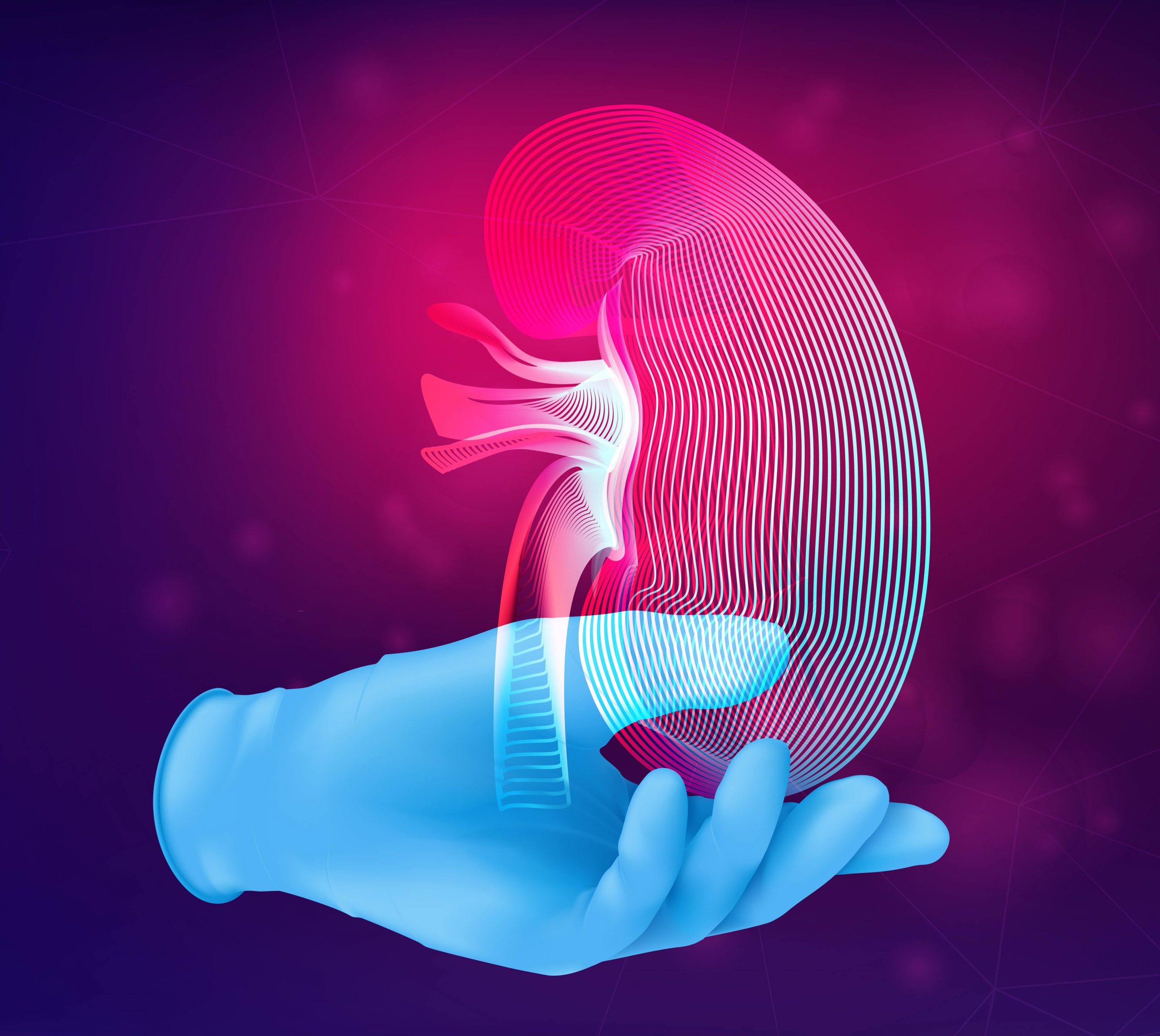
Kidney Cancer
Kidney cancer is a rare type of cancer that starts in the kidneys. It is also called renal cell carcinoma. Kidney cancer can be difficult to diagnose and treat, because it often does not cause any symptoms until it has spread to other parts of the body. Kidney cancer is also called renal cancer or renal cell carcinoma. The treatment for kidney cancer depends on the type and stage of the disease.
Surgery may be used to remove part or all of a kidney, if it has been determined that surgery is an appropriate treatment option. If surgery is not an option, chemotherapy may be prescribed as a treatment for kidney cancer.
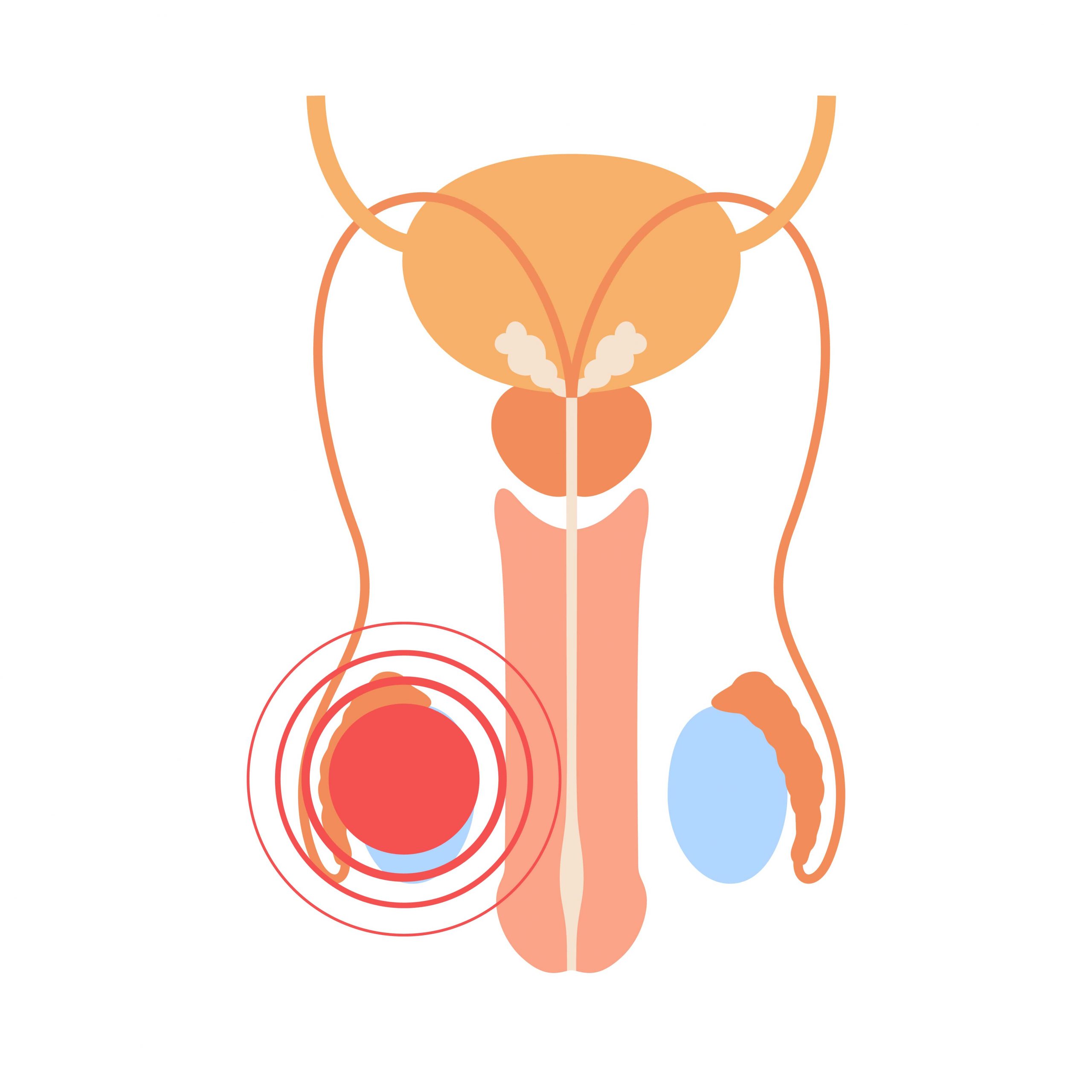
Testicular Cancer
Testicular cancer is a type of cancer that starts in the testicles. It can affect men of any age but it most often occurs in men aged 15-35.
The early stages of testicular cancer are difficult to diagnose, which is why it is important for men to be aware of the symptoms and get themselves checked out if they suspect anything. If caught early, treatment for testicular cancer is usually successful.
There are three main types of treatment:
• Surgery – the tumor is removed and some lymph nodes may be taken out (if there is a risk that cancer cells have spread)
• Radiation therapy – radiation therapy on the testicles can shrink or destroy any remaining cancer cells
• Chemotherapy – chemotherapy destroys all dividing cells, including healthy ones. Chemotherapy may be given before surgery or after to kill any remaining cancer cells
Why Choose GPSH as a Best Urology Hospital in Jaipur:
Our hospital is best urology hospital in Jaipur. who has a highly experienced urology team that can diagnose and treat any problems you may be experiencing. We have state-of-the-art equipment that allows us to provide you with the best possible care. And our hospital offers a range of urology treatments, so we can find the right one for you.
Book An Appointment
Health & Tips
FEATURED SERVICES
We cover a big variety of medical services

BLOOD BANK
24*7 Blood Bank
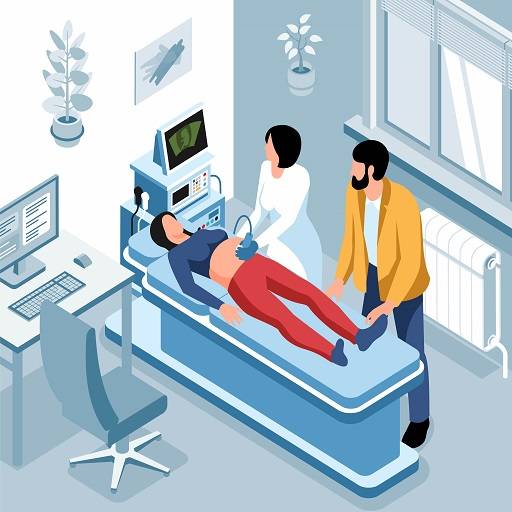
CT SCAN & MRI
24*7 Service

RADIOLOGY
Accurate Results

PATHOLOGY
All Lab Assitance

ACLS - AMBULANCE
24*7 Emergency

PHARMACY
24*7 Pharmacy
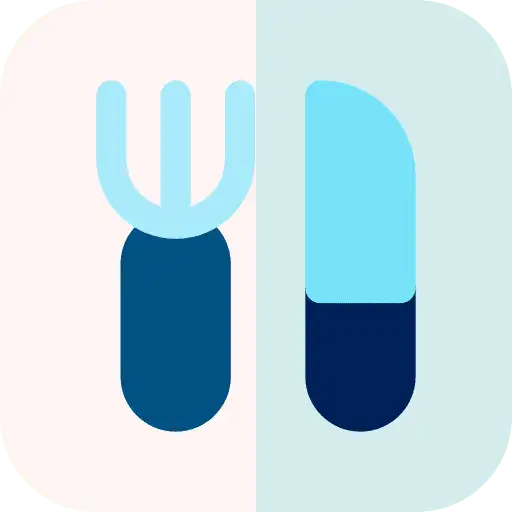
CAFETERIA
24*7 Foods
HEAD OF DEPARTMENT AND STAFF
A powerfull team working for your Health
FREQUENTLY ASKED QUESTIONS (FAQs)
Shekhawati Hospital’s Urology department treats a wide range of urological problems and conditions, including urinary tract infections, bladder and kidney stones, prostate cancer, bladder cancer, kidney cancer, erectile dysfunction, infertility, and urinary incontinence.
To diagnose urological problems, Shekhawati Hospital uses a variety of diagnostic tests and procedures, such as urinalysis, blood tests, imaging studies (such as ultrasound, MRI, and CT scans) etc.
Shekhawati Hospital performs a variety of urological surgeries, including robotic-assisted laparoscopic surgery, cystectomy, prostatectomy, and nephrectomy. The success rate of these surgeries depends on the individual patient and the specific procedure, but the hospital’s skilled and experienced surgeons strive for the best possible outcomes.
Preparing for a urological procedure at Shekhawati Hospital may involve following specific instructions provided by the healthcare team, such as fasting before the procedure or adjusting medication use. Patients should discuss any questions or concerns with their healthcare team.
After a urological surgery at Shekhawati Hospital, patients will receive detailed instructions on post-operative care, such as wound care, medication management, and when to resume normal activities. Patients may need to attend follow-up appointments with their healthcare team to monitor progress and ensure optimal healing.
Maintaining good urological health may involve lifestyle changes such as drinking plenty of water, maintaining a healthy weight, avoiding smoking, and practicing good hygiene. Preventive measures such as regular urological check-ups and prostate cancer screening may also be recommended depending on individual risk factors.
TESTIMONIALS
Patients Reviews Meant to Us




